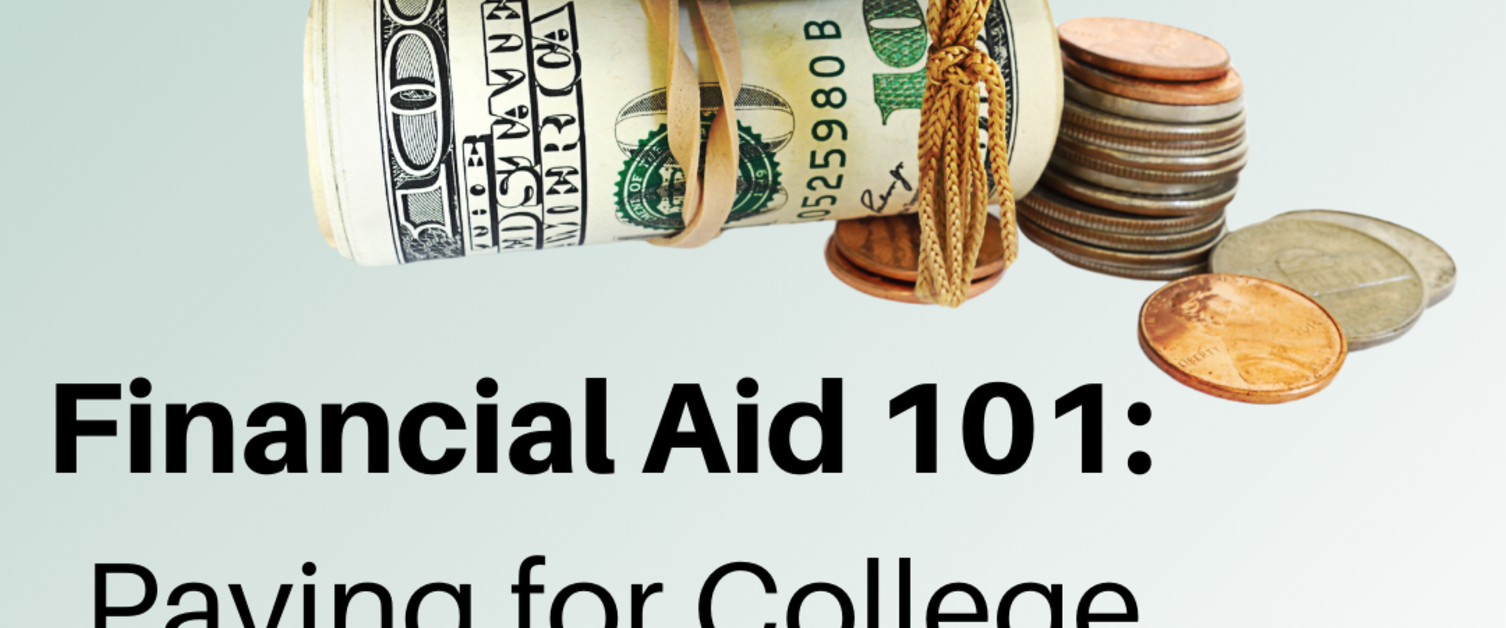Financial Aid 101: Paying for College
- future, money, finance, college, financial aid
- Health, Mental Health, Resources for Parents, Guardians, Families, Resources for Professionals, Resources for Teens and Young Adults
As a foster youth, it may sometimes seem like college is out of reach because of how expensive it is, but I am going to tell you a secret that may change your mind: going to college is more in reach than you think because you qualify for special funding to help pay for your degree!
Government Aid
The most popular method to help pay for college is through New York State & Federal government funding. To be eligible, the first step is to fill out the Free Application for Federal Student Aid (FAFSA) application which helps determine your financial need for things like fees, tuition, room and boarding, books, supplies, transportation, meal plans, etc. You may also qualify for specific federal grants and programs like the work-study program, where you can work on campus and earn money towards your college expenses.
Additionally, New York State offers government aid through a program, called the Tuition Assistance Program (TAP). TAP is a grant based on need like the FAFSA and is coordinated through the NYS Higher Education Services Corporation (HESC). If you are eligible for TAP, you can receive up to $5,665 per year whether you are full-time, part-time, or in a non-degree workforce credential program. Make sure to apply through your FAFSA application!
Scholarships & Grants
Scholarships and grants are based on your financial need depending on how much your college expenses are and how much income you have. Don’t worry, these forms of aid do not need to be paid back. It is important to note that in some specific cases, a grant may need to be paid back or require temporary employment. Ask your school counselor about local scholarships for having good grades.
Loans
As a college student, you may also qualify for student loans through the United States Department of Education. Loans are a specific amount of money you can borrow until you graduate. Student loans can either be subsidized or unsubsidized. The type of loan determines whether or not you have interest added to the amount you borrowed. Subsidized loans do not accrue interest while you are in school and unsubsidized loans do accrue interest. No matter what, everyone has a 6-month grace period after graduation to start paying back their student loans.
Educational Opportunity Program (EOP)/Higher Education Opportunity Program (HEOP)
As an EOP student, I had a hard time understanding what an EOP program was and how it was different for public and private universities. When I first started applying to colleges, I didn’t realize this program could help me pay for books, tuition, lab fees, and supplies while providing me with a sense of community and next-level preparation for being a freshman. To be an EOP student, you must meet the academic and financial needs and apply when you first start college. SUNY (public) colleges provide EOP and private universities offer HEOP. Being a foster youth meets most of the requirements of these programs.
Just for Foster Youth— Explore How to Get FREE MONEY as a College Student!
1. Education Training Voucher (ETV) Program
2. Foster Youth College Success Initiative (FYCSI) Program
4. SUNY Schools that offer EOP
5. Private Universities in NYS that offer HEOP
6. Education Resources for New York City students
7. CUNY
8. Financial Aid Awards for New York City youth
There are multiple ways you can pay for your college degree. I’ve been awarded almost all of these awards and financial aid while attending college as a youth in foster care. Since I had the opportunity to get aid in college, I was able to graduate with barely any debt and I know you can too! Good luck future graduates!
Resource links:
- https://studentaid.gov/understand-aid/types
- https://studentaid.gov/h/apply-for-aid/fafsa
- https://studentaid.gov/understand-aid/types/grants#types
- https://studentaid.gov/understand-aid/types/work-study
- https://www.hesc.ny.gov/find-aid/nys-grants-scholarships/tuition-assistance-program-tap/#programs-deadline-application
- https://www.hesc.ny.gov/home/
- https://www.suny.edu/smarttrack/types-of-financial-aid/scholarships/
- https://www.suny.edu/smarttrack/types-of-financial-aid/grants/
- https://studentaid.gov/articles/subsidized-vs-unsubsidized-loans/#:~:text=Direct%20Subsidized%20Loans%3A%20You%20won,the%20funds%20from%20your%20school)
- https://www.suny.edu/attend/academics/eop/
- https://www.suny.edu/
- https://youthincare.ny.gov/heop
- https://youthincare.ny.gov/paying-higher-education#:~:text=The%20Education%20Training%20Voucher%20awards,for%20qualified%20school%2Drelated%20expenses
- https://ocfs.ny.gov/programs/youth/fycsi.php
- https://chafeeny.smapply.org/
- https://www.suny.edu/attend/academics/eop/campus-offices/
- https://www.nysed.gov/postsecondary-services/heop-projects-and-contact-information
- https://www.nyc.gov/site/acs/youth/education-resources.page
- https://www.cuny.edu/
- https://www.newyorkersforchildren.org/for-youth-agency-workers/
About the author
Alex was in foster care for seven years and when she aged out felt confident about being on her own because her caseworker helped prepare her.
